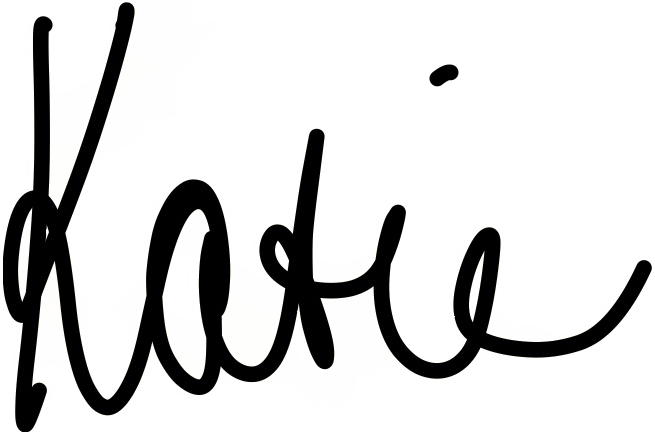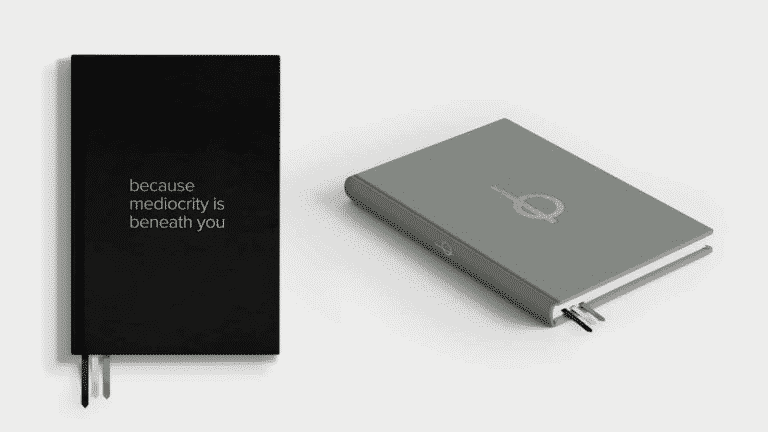b.nourished LIVE: Rest is Rebellious.
When you ask yourself what you need, you’re obligated to satisfy that need. One of the most overlooked needs is the need to rest. Let’s explore the signs that we need to disconnect from life and give ourselves the rest we deserve.
full video transcript
Hi, I’m Katie McDonald with b.nourished, and our topic today is rest. So here’s a confession, I suck at rest. It’s almost laughable that I’m doing this. If I weren’t unapologetic, I would almost apologize for having this be the topic. However, because I suck at it, I’ve studied it a lot. And I’ve learned a lot along the way. And I’ll share with you what I’ve learned.
Here’s the thing. So many of us, especially high performers, people who love getting things done, rest is the obstacle or the threat or the competition, for us getting done what we want to get done. And we feel like we’ve got to choose productivity or rest. And for someone who loves getting things done, we’re always going to choose productivity. However, that is not a good strategy.
The only times I’ve really skillfully rested is when I was forced. When I had to because of illness, or surgery. So, I had to rest when I was so sick when all of these ailments came at my doorstep after years of self-neglect: ulcerative colitis, pneumonia, shingles, asthma, allergies. The body kept acting up and acting up until I gave in. Until I had no other option to rest. That’s the only way that I was going to collapse at that point. The only way I was going to rest was to collapse. That was it. Because there was no other way that I would. I considered rest disgusting and lazy. And well certainly unproductive. And I’m not that person, right?
So, I know, we have these crazy stories in our culture that doing is the only, you know, the only God that we need to serve. That we need to bow down to productivity above all else. The only other time that I got condemned to rest was when I had leg surgery. And I did one leg and had to be on the sofa for a month. And then I had my other leg done and also had to be on the sofa for a month. And that was terrifying for me. I knew that one of the reasons that I have been addicted to busyness is because the slowing down was so abhorrent.
There’s a line in a song by Pink that says, “The quiet scares me because it screams the truth.” Rest is about quiet. And that’s terrifying for a lot of us. What might we see in the quiet? And what I’ve learned is you can’t outrun it, you simply can’t. Or your body is going to act up and have needs and demands that are going to force, absolutely force, a rest. I’ll confess in my earlier years, I would always burn both ends of the candle. That was a phrase my family always had for me. My dad would always say, “Burning both ends of the candle Katie, you’re doing it again.” And yes, that is absolutely how I roll at times.
And I would find that I would actually do things: not sleep, eat sugar, do all these things that I know would make me sick because somehow being sick was the only way that I would own a rest. And then I would just again collapse because resting felt so mediocre. It felt so just opting out. And so this was my relationship with rest, one of complete resistance. And by the way, like resistance and rest, there’s rest within resistance, which I think is interesting. But there’s also reset, right? Rest and reset is just one more letter. That’s it.
So it’s an important time to just say, “Well, what is rest? What does it look like?” Well, I want to encourage you to define rest for you. I’ve discovered that rest for me often could mean a nap. And I love a good nap, especially on a rainy day. And that’s kind of the traditional definition of rest. It could be reading. But reading often is that resting your mind if it’s a different kind of reading than what you do, then yes. But there’s also active rest. I go on a walk and I feel rested. I rarely feel rested when I’m sitting in front of a screen. Even if it’s not work-related. It’s not really rest. It’s more of a numbing. And there’s a bit of rest in that. But I’m talking about intentional rest. I’m talking about the thoughtful decision to slow down to do something different.
My mindfulness practice, my meditation practice, it’s not really restful in a way. It’s a very active practice. My body is still but my mind is actively rewiring. So, another kind of rest though… it can be on your terms. What does that look like? As I said, a walk for me is often very restful. Hopping up on the paddleboard is restful for me. So, for me, rest has come to mean doing something different than what I’ve been doing all along. So if I’m normally running, then rest might be walking. If I’m normally reading my professional books, and all about self-development, professional development, and service to my clients and this work and my b.nourished community, then rest would be reading something completely different. Rest might be going to bed early, it might be taking a bubble bath, it could be resting our bodies from eating the way that we’re normally eating. So I like to think of rest as a reset.
Again, do you. Figure out what that is. But let me offer a thought: rest is rebellious. Our world is wired, especially our American culture is wired for doing. So when we opt out, when we choose to rest, we’re saying, “You know what, I’m not going to fall for that. I’m not going to drink the Kool Aid. I’m actually going to live life on my terms, I’m going to I’m going to work to the degree that I want to work. And I’m going to rest to the degree that I want to rest.” So rest is actually taking a stance. It’s saying, “I recognize I’m a human being that has physical, mental, and spiritual needs.” And then let rest tend to them.
So, rest is an act of rebellion in a world of doing. The other thing I want to encourage you to consider about rest is it’s actually a great strategy. Some of the most successful people (and I mean, a lot of times the traditional success), the people that are heads of industry, great writers, they retreat. They retreat to rest. They actually understand that the time they’re spending away from work is actually the time that they are generating the greatest ideas. That’s why our best ideas come in the shower, when we’re on a walk, or we’re doing anything but the actual focused work. That’s when our ideas come. That’s when we really are the creative geniuses that we are designed to be.
So if you resist rest, first of all, I hear you, I am you, I get you. But I want to encourage you to try another approach to really embrace rest as a brilliant strategy to do better work. When I’ve done it, and I really do have a daily practice now of bringing rest in, that when I do I feel restored. It’s restorative right. Restorative. Oh my gosh, I just discovered that. It’s in the word restorative. So, rest is that. It restores us, it fortifies us. And it’s a great strategy for doing better work.
The goal isn’t to log more hours. The goal is to create a greater impact in whatever you’re doing. Be it in the workplace, in your family, in your community, in your own life, in your spiritual work. So embrace rest. It used to feel like FOMO. I used to just think that if I rested, I was missing out on something better. But the fact is, when we don’t rest, we’re really missing out because we’re jeopardizing our future health. We’re actually putting at risk our well-being. And I can tell you from experience that when I’ve neglected myself, my body has demanded me to slow down by getting really sick and then missing out on everything.
So, what is your relationship with rest? It’s time to renegotiate it. To think, “What would be another way that I could embrace rest?” And if you do resist it, I would encourage you to rethink it, and ask yourself, “How might I rest today? How do I define rest?” Maybe start there. That’s a good place. What is rest look like? When do I feel rested? And start studying and being curious about the nuanced difference between zoning out and numbing and rest. There is a difference and it’s worthy of exploration. Thank you so much for taking the time to nourish yourself with me.


